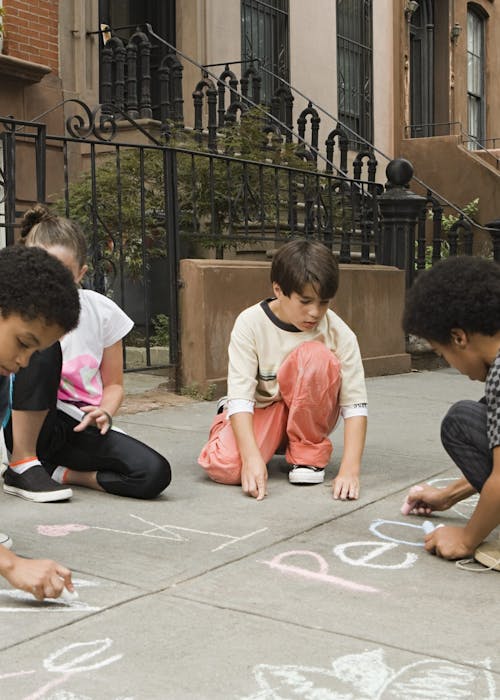

Young children have a right to be counted in the Census
Insights
April 7, 2020
This is the third post in a series where we explore how human rights inform child and family policy research and advocacy in New York, and CCC’s approach to community-based research and campaigns. CLICK HERE to read the first blog in this series on Eleanor Roosevelt, CCC founder and champion of international human rights.CLICK HERE to read the
second blog on Children’s Rights in New York City. This post takes a closer look at the United Nations Convention on the Rights of the Child in relation to the 2020 Census in the United States. A birth certificate is one of the most important documents we have in our lives. It is proof that a government acknowledges our existence. It allows children to register for school and even cross international borders. Globally, one in four children under the age of five do not have a birth registration and, therefore, do not officially exist, according to data from UNICEF.
registration a human right. Article 7The child shall be registered immediately after birth and shall have the right from birth to a name, the right to acquire a nationality and, as far as possible, the right to know and be cared for by his or her parents. In the United States, birth registration is effectively universal. But there is another way the government acknowledges a child’s existence — one that arguably has a greater influence than a birth certificate on their well-being: the decennial census.
The decennial census influences how much funding a child’s community receives over the next 10 years. These funds help build schools, subsidize child care, and underwrite many other programs children and families rely on, including health insurance coverage and federal housing and nutrition support programs. If a child is not counted during the decennial census, this critical funding will not be allocated to the community where they live. Sadly, we know that one million young children, those under five years of age, were not counted in the 2010 Census; 70,000 of them in New York City alone. We know this because the Census Bureau conducts post-enumeration studies, which use birth registration records, as well as death and net migration records, to evaluate the accuracy of the census count.
However, there are very strong laws in place to protect everyone’s privacy, including children. Census Bureau employees must follow rules in Title 13 of the United State Code, which protects the privacy of information on individuals collected as part of census activities. Violating these rules is a serious crime and may result in sentencing of up to five years in federal prison, a fine of up to $250,000, or both. By law, census responses cannot be shared or used against individuals by any government agency or court in any way—not by the Federal Bureau of Investigation, not by the Central Intelligence Agency, not by the Department of Homeland Security, and not by U.S. Immigration and Customs Enforcement. It is through this example that we see the importance of a child’s right to privacy, a right addressed in Article 16 in the Convention on the Rights of the Child.
Article 16No child shall be subjected to arbitrary or unlawful interference with his or her privacy, family, home or correspondence, nor to unlawful attacks on his or her honour and reputation.
knowledge about the census and its uses. While all households share some misconceptions about the census, households with young children are, on average, younger and have less experience with a previous census. They may need clear education about what is true and what is not true about the census, its process, and its uses.
Article 17 States Parties recognize the important function performed by the mass media and shall ensure that the child has access to information and material from a diversity of national and international sources, especially those aimed at the promotion of his or her social, spiritual and moral well-being and physical and mental health.

Keeping Track of New York City’s Children: 2020To learn more about the ways Census funding impacts the lives of New York City’s children and families, read our latest data book online here.
The current global public health crisis—the COVID-19 pandemic—has brought an additional layer of challenges that households face in being counted in the 2020 Census. Now, more than ever, it is essential that we count young children and ensure a fair and accurate Census.



